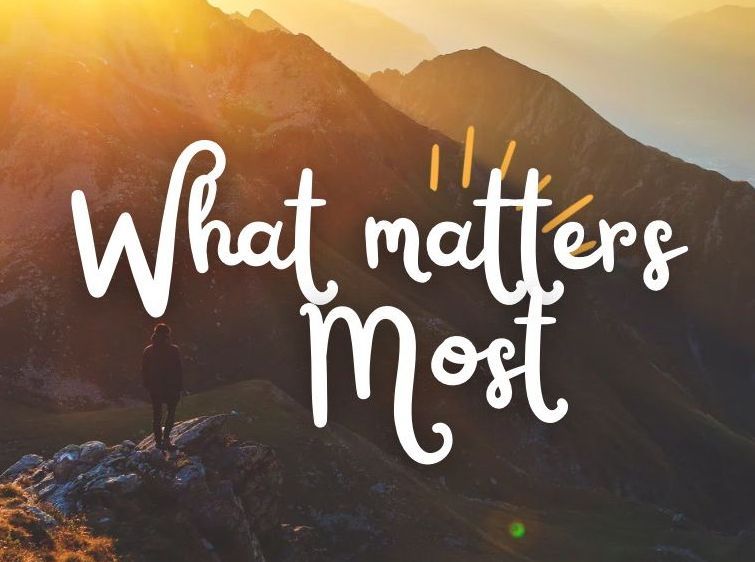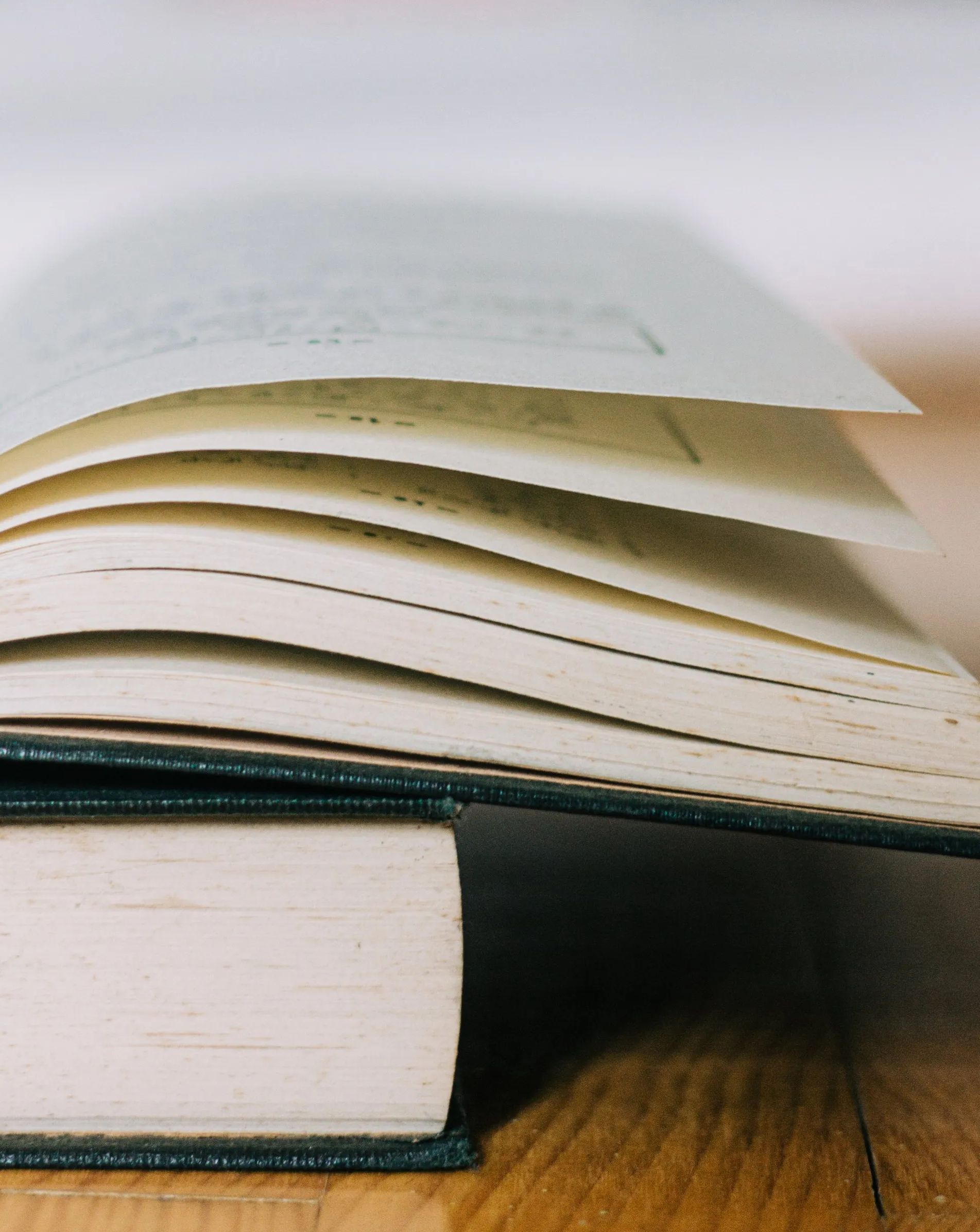"Turn ADHD Challenges Into Your Greatest Asset."
Discover proven strategies to reclaim your focus, energy, and potential.
Welcome to a space where ADHD isn’t a setback — it's your secret to success.
At What Matters Most, we empower individuals with ADHD to turn everyday challenges into stepping stones for growth. With tailored strategies, practical tools, and a supportive community, you’ll learn to work with your brain, not against it, and finally move forward with confidence.
💡 Build a mindset that fuels focus and resilience
🤝 Access tools and support designed specifically for ADHD minds
❤️ Strengthen relationships and reconnect with what truly matters
💪 Pursue health and routines that align with your neurodivergent needs
🚀 Define success on your terms—and take action toward it.
ADHD isn’t the end of the story—it’s the beginning of a better one.
Start today and take back the narrative. We’re here to walk with you every step of the way.
ADHD Coaching Services
Personalized Coaching to Help You Manage Your ADHD Effectively
Harnessing The Storm Book
A Guide to Turning ADHD Weaknesses Into Strengths
Community
Support
Join our Community of Individuals Navigating ADHD Together
Stay Connected with What Matters Most
Things that matter
The Power of the Mind
Your Mind can literally change the direction of your health. Where your thoughts are is critically important. So choose them well. We take a deep dive into the mind and discuss all the things that matter most
ADHD and How to Navigate It.
ADHD can cause countless challenges in your life. It can destroy careers, ruin relationships, and cause health issues. Learn to navigate the chaos of ADHD by harnessing its power.
Relationships and Career
Powerful feelings such as stress and anxiety can have a deep effect on you and everyone around you. Learn to navigate family relationships or how to propel your career to the next level.
Listen to my Podcast
What Matters Most
Tune into my podcast when your mind is ready to wander and discover more about the things that matter most.
Harnessing The Storm
ADHD As Your Success Catalyst
Having had ADHD my entire life. I understand the storm that rages in your mind. that constant noise that is there 24 hours a day, 7 days a week. It never stops. With Harnessing the Storm, you will learn to navigate all the elements of that storm and turn it into your catalyst for success.

